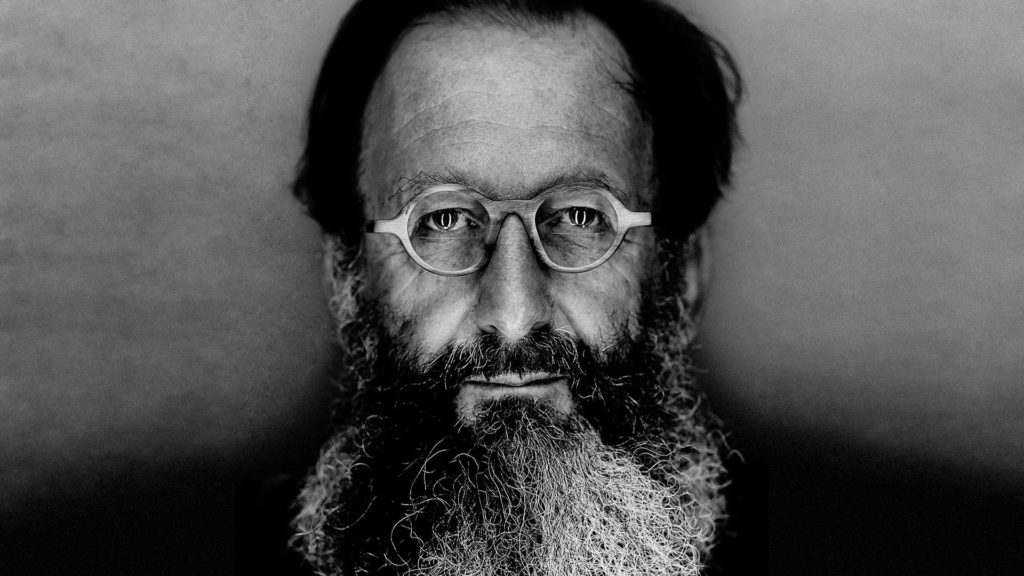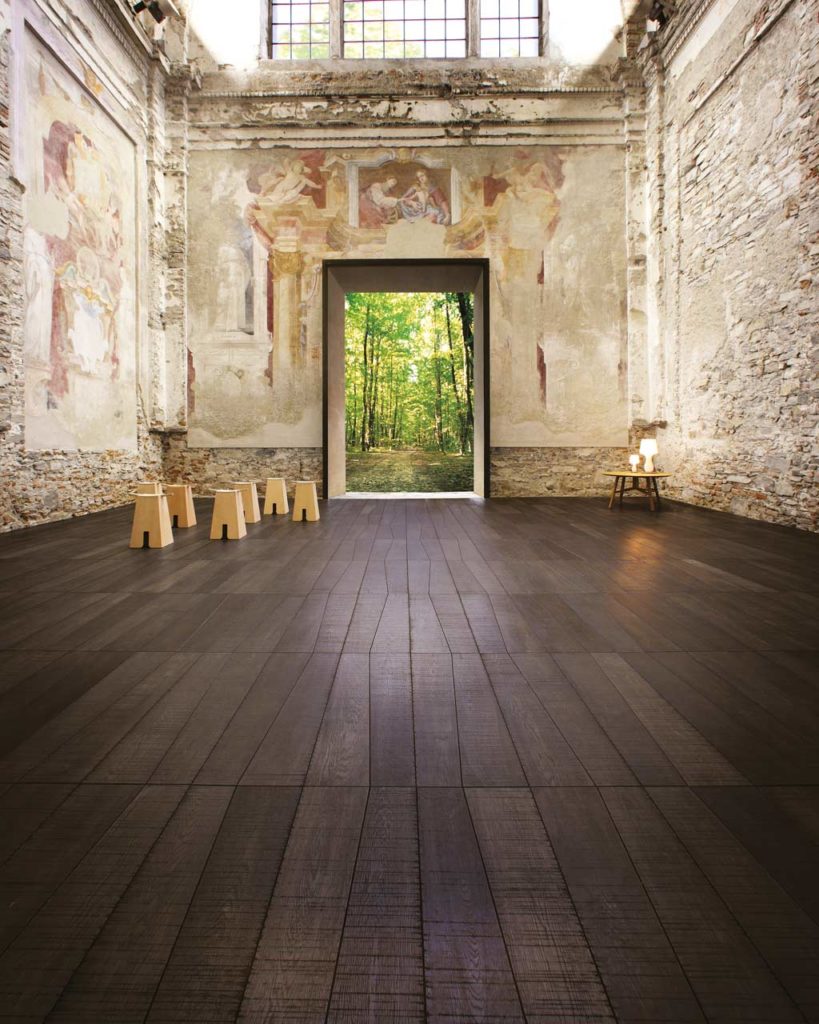Michele De Lucchi

“You would have to be able to walk on your hands to appreciate the sheer beauty of the wooden floors. That way you could really feel the nature captured in the wood, it’s soft to the eyes yet durable to walk on and it feels warm to thetouch. This profoundly luxurious material, both in its shape and decor, needs no further design touch which may only spoil its appearance, detracts from its richness and alters its authentic nature”.
Michele De Lucchi
With a degree in architecture from Florence, he was at the forefront of movements such as Cavart, Alchymia and Memphis during the years of radical and experimental architecture. In 1987, after years of studies, he designed Tolomeo for Artemide, the table lamp with which he won his first Compasso d’oro award. It soon became the archetype of the lamp with adjustable arms. From 1988 to 2002 De Lucchi was at the head of the Olivetti Design department for which he designed laptops, monitors, printers, faxes and computers. He received his second Compasso d’oro in 2001 thanks to his design of the Olivetti Artjet 10 printer. During his long career he developed experimental projects for Compaq Computers, Philips, Siemens and Vitra.
He designs buildings and exhibitions for museums such as the Triennale in Milan, Palazzo delle Esposizioni in Rome, Neues Museum in Berlin, the “Cini” Foundation in Venice and the Gallerie d’Italia in Piazza della Scala in Milan. In 1990 he set up a Private Production, as part of which De Lucchi designs products without being commissioned for them, using handmade techniques and skills. A selection of his “objects” is available in the most important museums in Europe, the US and Japan.
Medoc
Natural Genius
Medoc Natural Genius was created by Michele De Lucchi and Philippe Nigro. Its original and unmistakable trapezoidal shape draws on the tapered shape of wooden logs. At the same time, Medoc’s design creates visual continuity with old planks, “when planks were not straightened so as to avoid wasting wood unnecessarily”.



















